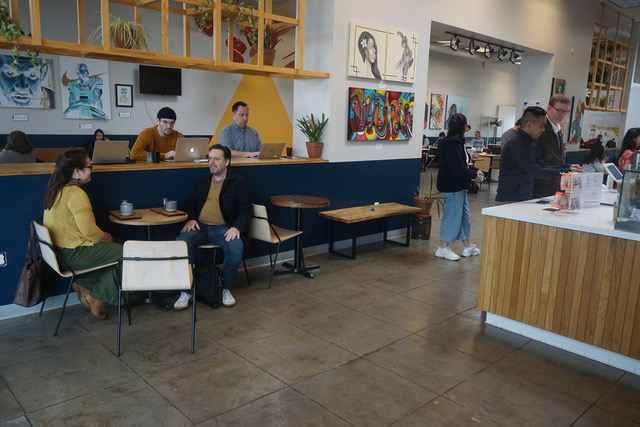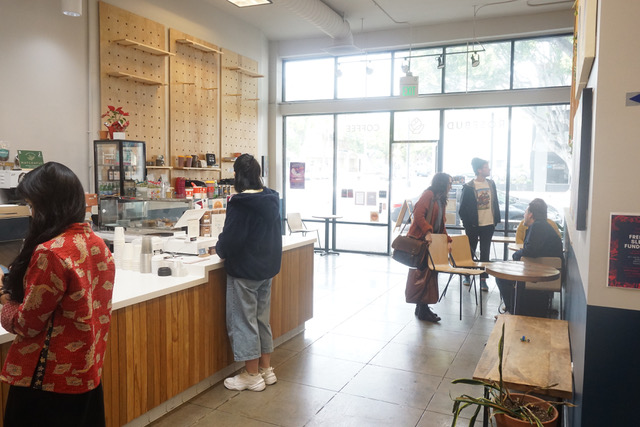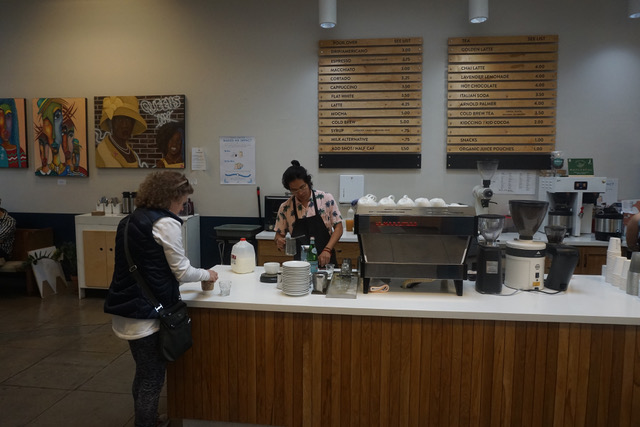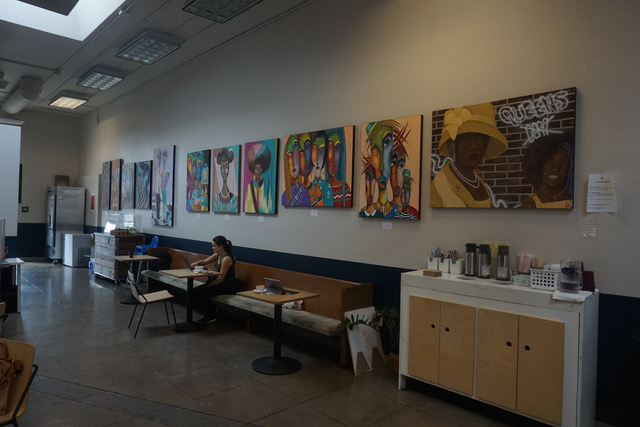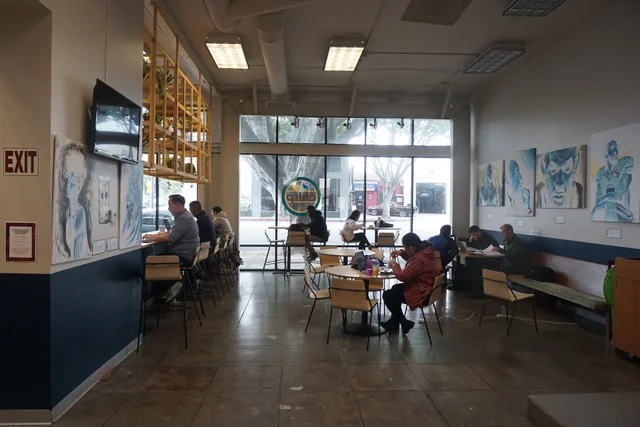The Story of Rosebud
by William Hallstrom
It was perhaps inevitable that Dan Davidson would encounter homeless youth living in the parking lot of Rose City Church when he was tasked with its reopening. While Pasadena is often portrayed as an idyllic L.A. suburb, with a spirit both artistic and scientific, it is no less prone to the typical social issues of our time.
We may see the signs of homelessness in our daily lives: the make-shift camps on the fringes; the increase in official city shelters; or just talk of things like gentrification and the lack of affordable housing. According to L.A. County statistics, one out of every six youth between the ages of 18 to 24 is jobless and not attending school. The young adults who come up through the foster care system are at particular risk of ending up on the streets. They are categorized as Transitional Age Youth and the Los Angeles Homeless Services Authority documented 2,274 individual cases of homeless T.A.Y.’s in 2018. One of the problems it seems, is that those of us who were raised in the foster care system aren’t receiving all of the necessary skills or experiences to navigate our contemporary environment.
This is where Rosebud Cafe begins. The initial attempt to support our fellow homeless citizens by allowing a sort of tent city to exist at the church proved unsustainable. Along with reopening the church, Dan decided to repurpose a coffee cart that came with the property. With consultation from Handsome Coffee roasters in downtown Los Angeles, a program was created in which professional baristas could volunteer their time to train at-risk youth in the craft of artisanal coffee service, who could then work at the cart, preparing coffee at events. The cart has grown into the Rosebud of today, a brick and mortar cafe, and its mission continues to expand.
Dan Davidson’s own struggles are a key element to the mission. He originally came to California in 2007; fresh out of the Duke Divinity program, the lucky recipient of a pastorship on a track that would soon lead to his overseeing the congregation of a church in Upland, and after arriving he quickly made progress. But less than a year had passed when everything fell through: a divorce; being released from his duties at the church; and then being hit by a car while crossing the street as a pedestrian and waking up in the hospital with almost no one to turn to for help. Dan says that after this period he truly realized the importance of the simple basic elements of humanity such as family, friends and community. With new focus and perseverance, Dan was able to come to Pasadena to restart the historic First Free Methodist Church that first opened its doors in 1888.
After restarting Rose City Church in 2011, Pastor Dan grew the congregation and became a mentor to many young pastors himself. But he also realized that it might be possible to have just as much of an effect in the community if he was somehow able to create a welcoming space that wasn’t just on Sunday, but throughout the week, and so he decided to think more about the coffee business.
The current trend of “Third-Wave” coffee is not without context. Coffee is one of those special beverages that have entranced humanity for centuries. The trade in coffee and its processing, along with its flavors which change depending on where it is grown and how it is processed are all part of its interest. It has long been the center of communal gathering places, a quintessential catalyst for debate and conversation. But coffee is also a space where people can use their everyday spending money to influence social and political issues including economic equality through fair trade programs or supporting organic farming practices. Rosebud brings this equation to a very local issue by addressing the question of homelessness, a matter that increasingly affects us all in a way that seems to be disproportionate to the amount of attention it receives.
Rosebud Coffee has now had the opportunity to work with and change the lives of 23 young adults. People like Charlene Long, who ended up homeless after being raised in the foster care system here in L.A., but who was able to learn job skills and become self-sufficient through Rosebud. Her story appeared on the local NBC news. This is one story of success, but hopefully it provides a template for a larger ideal, something that can be grown.
In the service of growing this community the cafe now regularly hosts events that encourage the creation of dialogue and debate in an inclusive environment and include panel discussions, talks, concerts and art shows. A great example is Unlocked, a series created for Rosebud which features open mic sessions dedicated to a specific topic such as immigration or incarceration and encourages face to face public dialogue and discussion.
Currently, Rosebud Coffee’s first location on Colorado Blvd. in Pasadena is thriving, serving great coffee in a bright communal space. But more importantly, Rosebud is pursuing its mission of instructing foster care youths in the art of being baristas and helping them achieve the tools for success as individuals. Rosebud is many things: a cafe; community; a social enterprise; and a model for how a progressive business can operate in the economy of today.
Rosebud in the Media
NBC News
Learn more about our mission and meet one of our baristas on NBC4 News LA.
Here's what people are saying about Rosebud's commitment to serving craft, community, and change.
Travel Awaits - “How to Spend a Gorgeous Weekend in Pasadena”
Marketplace (NPR) - "Employed, but still homeless" series
Teen Vogue - "Rosebud Coffee Mentoring Program is Empowering Homeless Youth"
Pasadena Now - "Pasadena Coffee Shop Gives Homeless Youth A Second Chance"
Pasadena Weekly - "It's all About Change for the better at Rosebud Coffee"
Made to Flourish - "How Coffee can Help us Minister to Local Youth"
Eater LA - "Five Restaurants to Try This Weekend in Los Angeles"
Pasadena Now - "Coffee with a Cause: Unusual Cafe Hiring Homeless Youth Opens in Pasadena"
Pasadena Star-News - “Pasadena Church Opens Rosebud Cafe to give jobs to youths, homeless”

